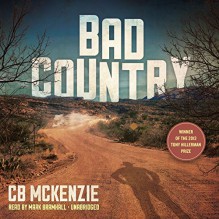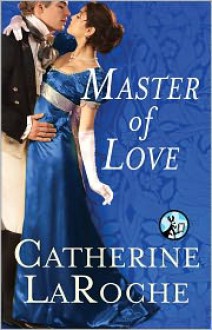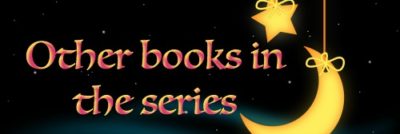
One of the best ways of traveling across America is via the imagination of others.
Using eight books in my TBR pile, I'm journeying from the Farallon Islands off the coast of California to the Blue Ridge Mountains of Virginian via Arizona, New Mexico, Colorado, Kansas, Missouri and Kentucky, writing reviews as I go.
"Bad Country" is set in Arizona, the second State in my trip across fictional America. I've only ever seen the tourist version of Arizona, mostly in the North East of the State: Canyon De Chelly, Monument Valley, Sedona. "Bad Country" takes place in a poorer, bleaker, part of Arizona, South West of Tuscon, close to the border. This is an unpopulated, unforgiving, mountainous, desert landscape where it's easy to die of thirst and never be found.
"Bad Country" is long, slow, sometimes uncomfortable journey into one man's experience of trying to live his life in the unforgiving terrain of the South West Arizona. The journey is strung across the frame of an investigation of the death of a young boy, shot and left to bleed out under a highway.
The man making the journey and carrying out the investigation is a Native American man, Rodeo Garnet, former rodeo star and now a low key, low rent Private Investigator. Accompanied only by his old dog (whose name we never learn) Rodeo chooses to live a mostly solitary life, based in a run-down house on an abandoned development in a remote location where the desert meets the mountains.
Much of the pleasure of the book comes from the way Rodeo looks at the world with quiet, careful accuracy and reacts to it with a pragmatic calm that remains determined rather than fatalistic or cynical. Mostly, Rodeo sees other people and himself for who they are. He is neither surprised nor disappointed with what he sees, it is what it is, and only some of what he sees requires him to do anything.
As Rodeo slowly and carefully compiles the information he needs to understand what happened to the boy who's death he is investigating, he constantly crosses and recrosses a trail that seems to link together the deaths of a number of Native Americans, one of whom was dumped almost at his door. Rodeo thinks about this and works it through with quiet stoicism.
"Bad Country" looks at Arizona not as an exotic location but as home. It's not a very hospitable home but it's home nonetheless. The plot is set in a stable context of people who have known and each other for so long that they have mostly come to terms with one another. There's no deep existential angst here. No "ain't it awful that my life is so hard". Instead the, main impression I was left with was a very non-Anglo spirit of endurance.
This is CB McKenzie's debut novel and, despite the prizes that it won, I felt that showed through more often than I would have liked. Sometimes the descriptions tried a little too hard. Sometimes the pace was so slow that I was checking for a pulse. Yet mostly, what comes through is a unique voice and a lot of talent.
I listened to the audiobook version and was deeply impressed by the way in which Mark Bramhall's narration enriched the atmosphere of the book, both from the unhurried pace of his delivery and the accuracy of the accents he used.

 Log in with Facebook
Log in with Facebook 





























